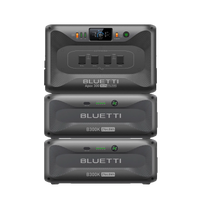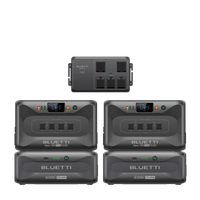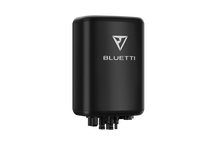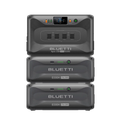Your cart is empty
Shop our productsWith the increasing demand for sustainable and cost-effective energy solutions, many homeowners are turning to solar panels as a viable option for their homes.
However, it's essential to consider the potential impact on your property's overall value.
Solar panels are widely recognized as an environmentally friendly investment that offers financial benefits, but how exactly do they affect the worth of your home?
In this discussion, we will explore the crucial points that come into mind when assessing the relationship between solar panels and home value.
By carefully examining aspects such as location, system size, installation quality, energy efficiency, ownership and financing options, maintenance and warranty, as well as local market conditions, you can make well-informed decisions about this investment.
Do Solar Panels Increase Home Value?
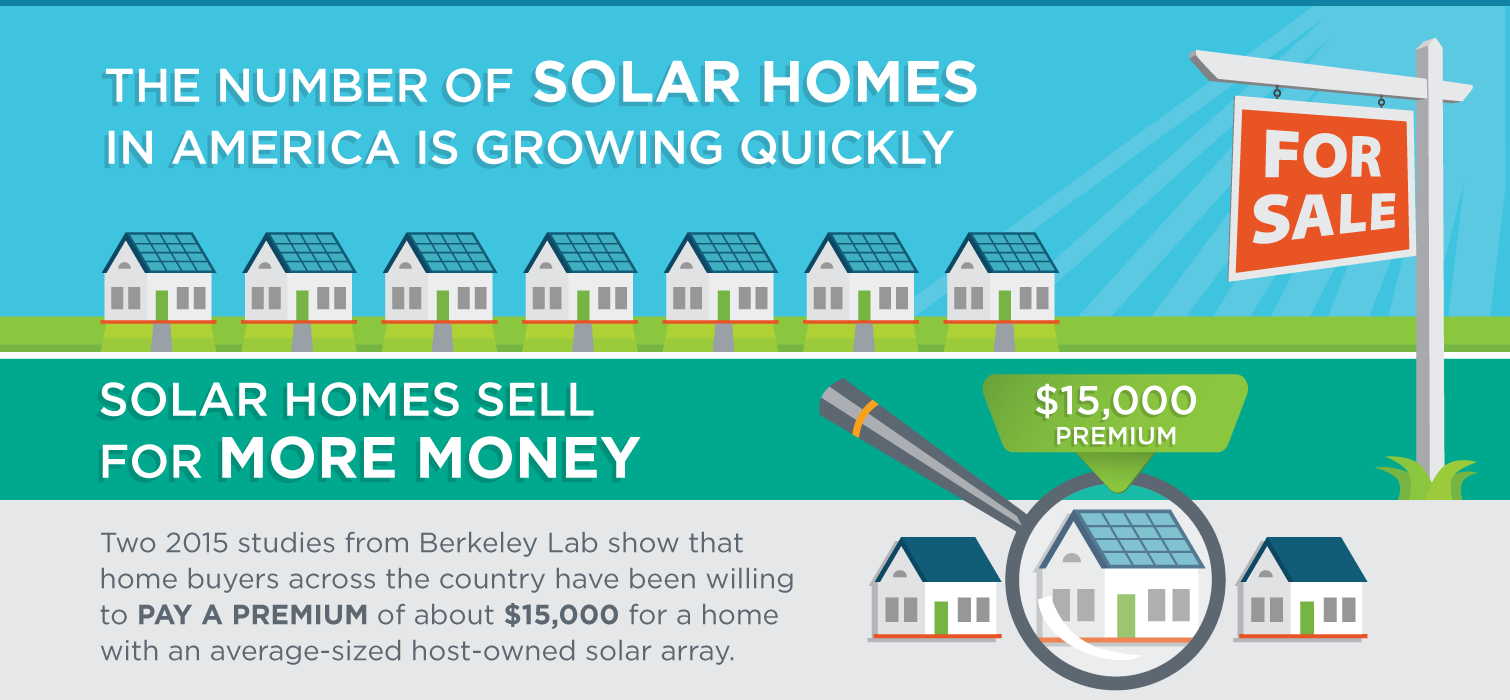
Yes, solar panels can have a positive impact on home value.
Numerous studies and research have been conducted to analyze the effect of solar panels on property value, and the majority of them indicate a positive correlation.
Below we have listed some actual sources and data supporting our claim:
- Lawrence Berkeley National Laboratory (LBL) Study (2015): This study analyzed the sales data of over 22,000 homes across multiple states in the United States. It found that homes with solar panels had a significant price premium compared to similar homes without solar. On average, solar panels add approximately $15,000 to the resale value of a home.
- Appraisal Journal Study (2019): This study examined the sales data of residential homes with solar panels in six different states. It concluded that, on average, solar panels increased home values by $14,329 for a 3.6 kW system.
- Zillow Research (2019): Zillow, a popular online real estate marketplace, conducted its own analysis of home sales data in the United States and found that houses with solar systems sold for 4.1% more on average compared to similar homes without solar.
So Is Installing Solar Panels On Your Home A Smart Investment?
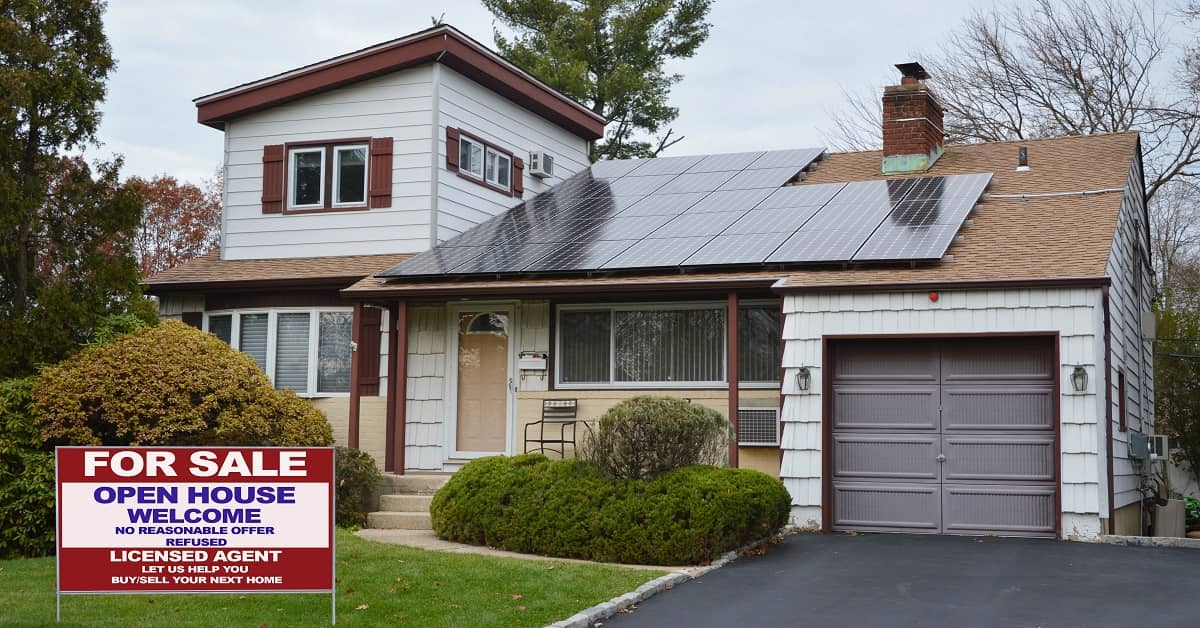
Savings on Electricity Bills
Solar panels can provide significant monthly savings on your electricity bills.
The real amount of monthly savings will depend on the overall size of your solar energy system and your electricity consumption.
On average, homeowners can save anywhere from 10% to 90% on their electricity bills by generating their own power with solar panels.
Net Metering and Feed-in Tariffs
Many regions offer net metering programs or feed-in tariffs, which allow homeowners with solar panels to earn credits or receive payments for the excess energy they produce.
This further increases the potential savings by offsetting costs or generating additional income.
With net metering, any excess electricity generated by your panels is moved back into the grid.
By doing this, you receive credits that can be used when your panels produce less energy, such as during nighttime or cloudy days.
Protection Against Increasing Energy Costs
Investing in solar panels can protect you against rising utility rates. Electricity prices tend to increase over time, but by generating your own electricity, you can hedge against these future increases.
This provides long-term savings and insulation against inflation in energy costs.
By locking in your own energy production, you are less reliant on the grid and its fluctuating prices.
Return on Investment (ROI)
Solar panels are considered a long-term investment with a favorable return on investment.
Although the initial installation costs can vary depending on factors such as location and available incentives, the majority of solar panel systems pay for themselves within 5 to 15 years.
After the payback period, the electricity generated by the solar panels is essentially free, leading to significant long-term savings.
This makes solar panels not only an environmentally conscious choice but also a financially wise investment.
Environmental Benefits
In addition to the financial savings, solar panels offer environmental advantages.
By utilizing clean and renewable energy, solar panels reduce the need for fossil fuels, which in turn decreases carbon emissions.
Choosing solar power contributes to a cleaner and more sustainable future, benefiting both you and the environment.
What Are Some Important Points To Note When Considering Home Value And Solar Panels?
- Location
- System Size
- Quality of Installation
- Energy Efficiency
- Ownership and Financing
- Maintenance and Warranty
- Local Market Factors
Location
The location of your house is super important when assessing the impact of solar panels on its value.
Areas with higher electricity costs or stronger incentives for renewable energy make solar panels more appealing to potential buyers.
Furthermore, regions blessed with abundant sunlight are more likely to generate higher electricity savings, which can positively influence home value.
System Size
The size of your solar system can also affect the perceived value it adds to your home.
Larger systems typically generate more electricity, leading to greater energy savings.
This increased potential for savings can positively influence the value of your home. This makes it more attractive to prospective buyers.
Quality of Installation
The quality of the solar panel installation is of utmost importance. A properly installed system that adheres to industry standards and regulations is more likely to enhance home value compared to a poorly executed installation.
Collaborating with reputable and experienced solar installers ensures a high-quality installation that adds value to your home.
Energy Efficiency
Solar panels often form part of a comprehensive energy efficiency strategy for a home.
Integrating features such as energy-efficient appliances, insulation, and smart home technologies alongside solar panels can enhance the overall energy efficiency of the property.
This holistic approach to energy efficiency has a positive impact on home value, as it signifies a home that is environmentally conscious and cost-effective to operate.
Ownership and Financing
The ownership and financing structure of solar panels can influence their impact on home value. Owned solar systems generally provide more value compared to leased systems.
Additionally, the terms of financing, such as a transferable solar loan or a power purchase agreement, can affect the perceived value and attractiveness to potential buyers.
Offering flexible and advantageous ownership and financing options increases the appeal and value of solar panels.
Maintenance and Warranty
Considering the maintenance requirements and warranty coverage of the solar panels is crucial.
A well-maintained system with a reliable warranty provides peace of mind to buyers and contributes to the perceived value of the property.
Demonstrating that the solar panels have been well cared for and are backed by a solid warranty adds value and reassurance to potential buyers.
Local Market Factors
Understanding the dynamics of the local real estate market is vital when assessing the impact of solar panels on home value.
Factors such as the demand for solar-powered homes, the prevalence of comparable properties with solar installations, and buyer preferences in the area can influence the actual value increase.
Being aware of these local market factors helps in gauging the potential impact of solar panels on your home's value accurately.
Final Thoughts
It is crucial to assess the potential impact on your property's overall value.
Solar panels are recognized as an environmentally friendly and financially advantageous investment, but their effect on home worth may vary.
By looking at factors such as location, system size, installation quality, energy efficiency, ownership and financing options, maintenance and warranty, as well as local market conditions, you can make informed decisions regarding the installation of solar panels.
Shop products from this article
Be the First to Know
You May Also Like

What Does a 30% Federal Solar Tax Credit Mean and How to Apply?
Governments around the world are offering programs that encourage homeowners to switch to solar energy. Among the most notable programs is the 30% Federal Solar Tax Credit. It reduces your...

Deadly Flooding Devastates U.S. South and Midwest — What You Need to Know















